On Day One | Week 2 | Pastor Ben Pierce
The Eyewitness Account of Creation: Strengthening Our Faith
Welcome to our exploration of the creation narrative, where we confront the pressures of modern science against the timeless truth of Scripture. Join me as we delve into the eyewitness account of creation, seeking to restore faith in the foundational truths of our beliefs.
Introduction to the Series
Welcome to our new series, “On Day One,” where we embark on a profound journey through the creation narrative. This series aims to address the pressures our faith faces in a world that often prioritises scientific explanations over spiritual truths. Our goal is to re-establish the foundational beliefs that many have compromised in light of modern narratives.
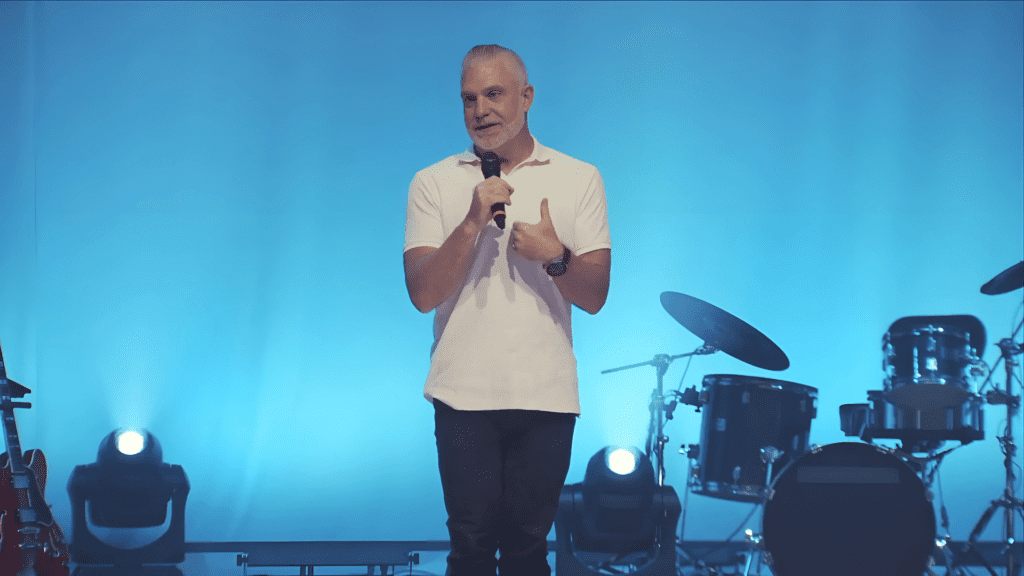
The Pressure on Our Faith
In today’s society, many believers feel the weight of scrutiny surrounding their faith. The scientific community often presents a narrative that contradicts the biblical account of creation, leading some to blend their beliefs with evolutionary theories. This hybrid belief system can dilute the essence of faith, creating confusion and uncertainty. We need to confront this pressure, understand its origins, and fortify our beliefs with truth.
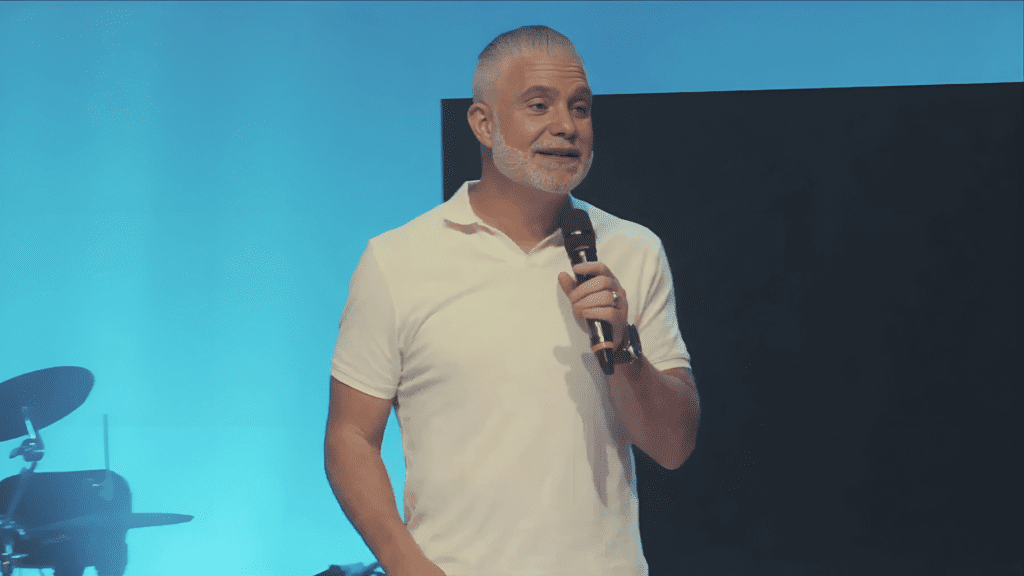
The Dichotomy of Science and Faith
The relationship between science and faith is complex. While science seeks to explain the universe through observation and experimentation, faith invites us to accept truths that transcend human understanding. This dichotomy often leads to tension, especially when scientific explanations appear to contradict scriptural accounts. We need to explore these differences and understand that faith does not have to be at odds with reason.
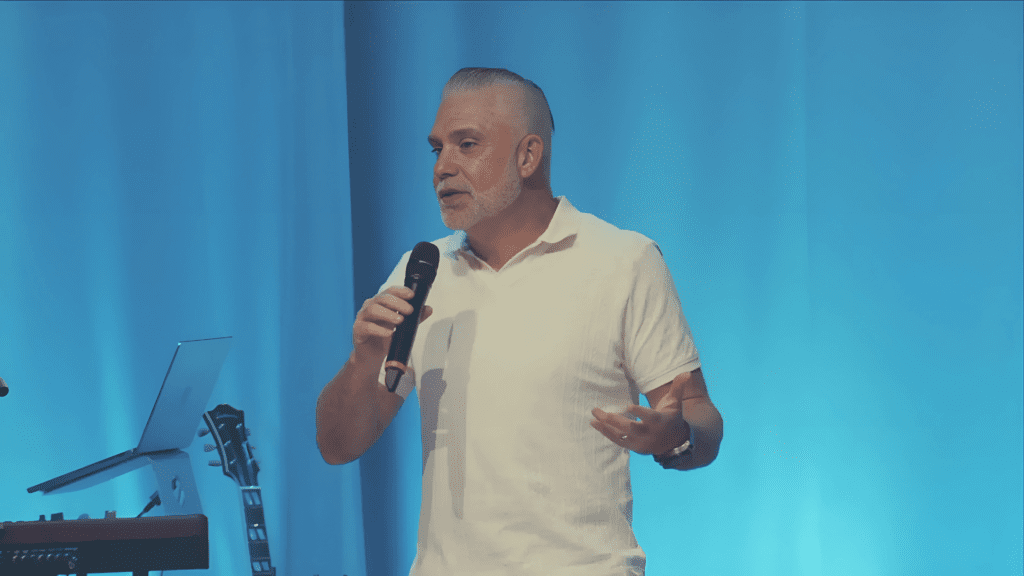
The Eyewitness Account of Creation
Only God was present at creation, making His account the definitive source of truth. Humanity, represented by Adam, was not created until day six, meaning we lack firsthand knowledge of the events that transpired. Therefore, we must turn to Scripture, specifically the writings of Moses, who documented God’s eyewitness account in the book of Genesis. This account provides clarity about the origins of our universe and our place within it.
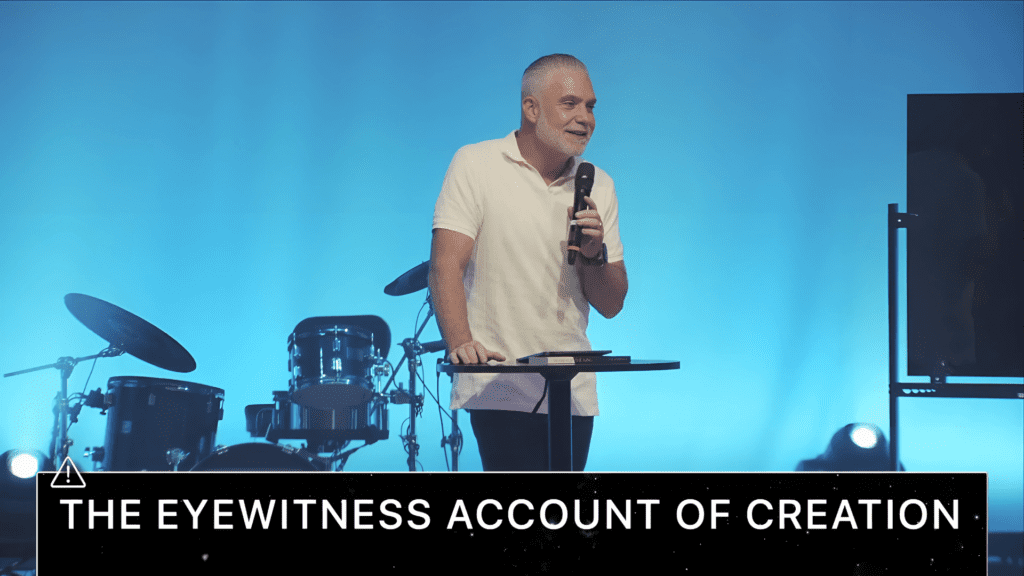
God’s Choice of Moses
Moses was handpicked by God to relay His messages, including the account of creation. The Scriptures affirm that God spoke to Moses face-to-face, establishing him as a trustworthy messenger. If Moses was entrusted with the Ten Commandments, it stands to reason that he was equally capable of conveying God’s creation narrative accurately. This trust is pivotal as we examine the foundational truths of our faith.

The Role of Genesis in the Biblical Narrative
Genesis is not merely the first book of the Bible; it serves as the cornerstone of the biblical narrative. It introduces key themes of creation, sin, and redemption that resonate throughout Scripture. Understanding Genesis allows us to grasp the overarching story of God’s relationship with humanity. It lays the groundwork for the entire biblical narrative, revealing God’s intentions from the very beginning.
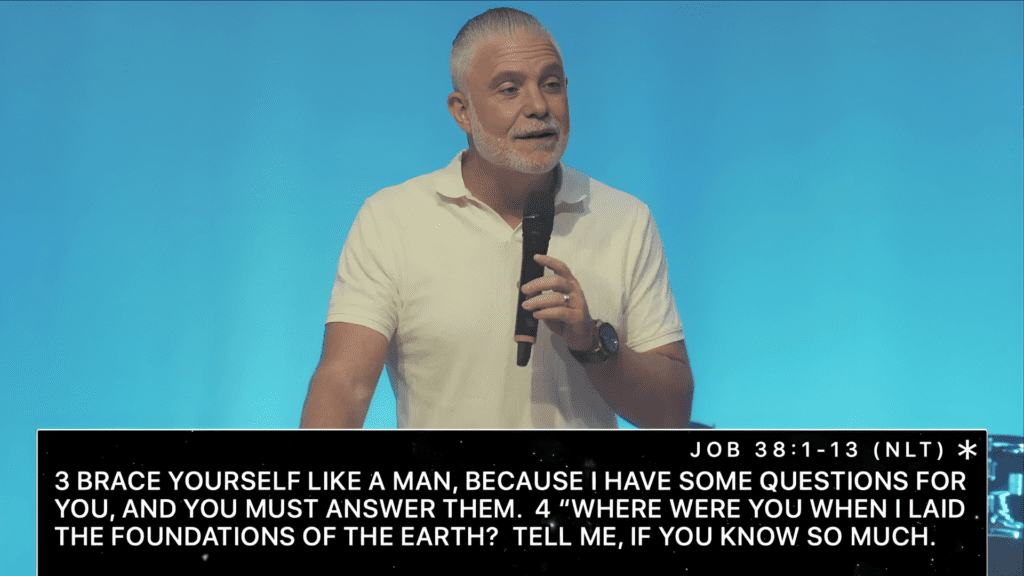
Job’s Account of Creation
The book of Job, often regarded as the oldest book in the Bible, also provides insights into creation. Job’s narrative encapsulates God’s dialogue with humanity, challenging our understanding of His ways. In Job 38, God questions Job about the creation process, highlighting the limitations of human knowledge. This dialogue serves as a reminder that our perspective is limited, and we must rely on divine revelation for understanding.
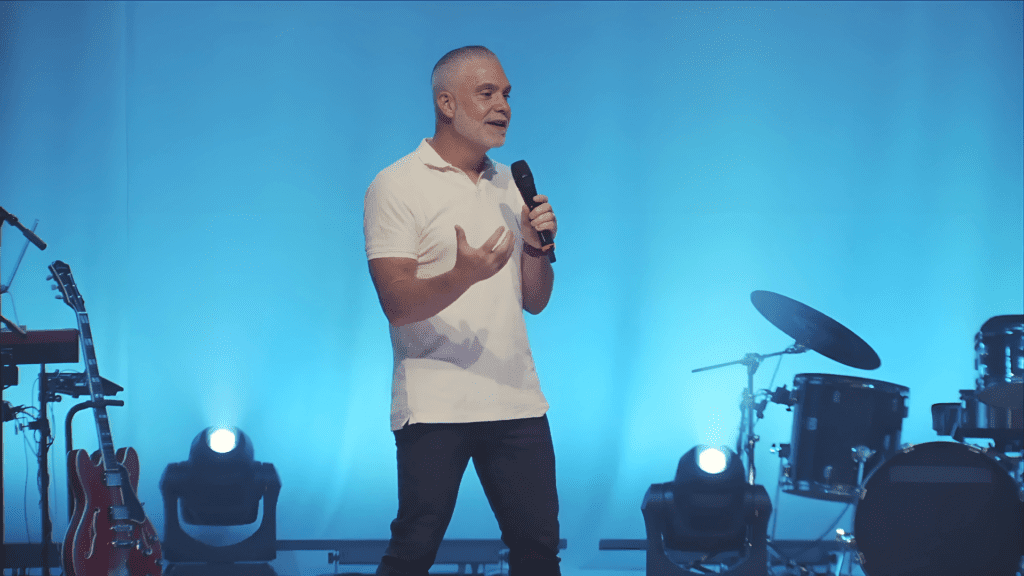
The Limitations of Science
Science, by its very nature, is limited in its ability to explain the origins of the universe. It relies on observation, repetition, and factual evidence—criteria that do not apply to the events of creation. As scientists attempt to reconstruct the past, they often make sweeping assumptions that lack empirical support. This highlights the need for an alternative source of knowledge that transcends human limitations.
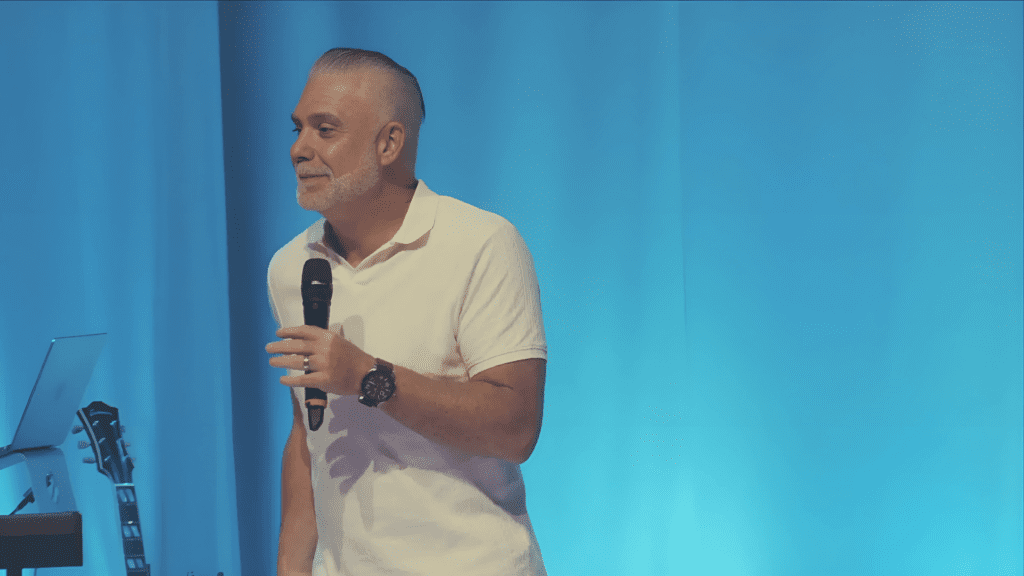
Assumptions Made by Science
Science often makes assumptions about the environment and conditions of the universe at its inception. These assumptions can lead to conclusions that conflict with the biblical narrative. For instance, the belief that the universe is 14 billion years old raises questions that challenge our understanding of divine creation. We must critically evaluate these assumptions and consider their implications for our faith.

The Supernatural Nature of Creation
Creation is not bound by the natural laws we observe today; it is a supernatural event orchestrated by a divine Creator. This understanding liberates us from the constraints of scientific limitations. We often forget that the very act of creation defies natural explanations, showcasing the power of God.
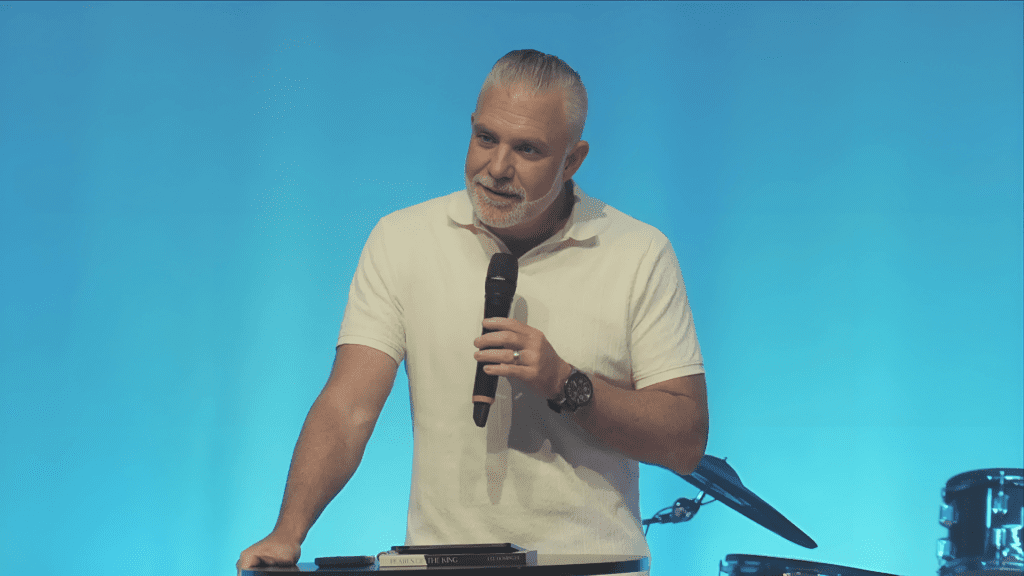
The Specificity of Our Planet for Life
Our planet is uniquely positioned to support life, situated at the perfect distance from the sun. This ideal distance allows for stable temperatures, preventing extremes of freezing or frying. The odds of such precise conditions occurring by chance are astronomical, suggesting the hand of a purposeful Creator.
Moreover, the balance of elements and the presence of liquid water are crucial for life. Earth possesses the right atmospheric pressure, allowing for liquid water to exist on its surface. Without this balance, life as we know it could not thrive.
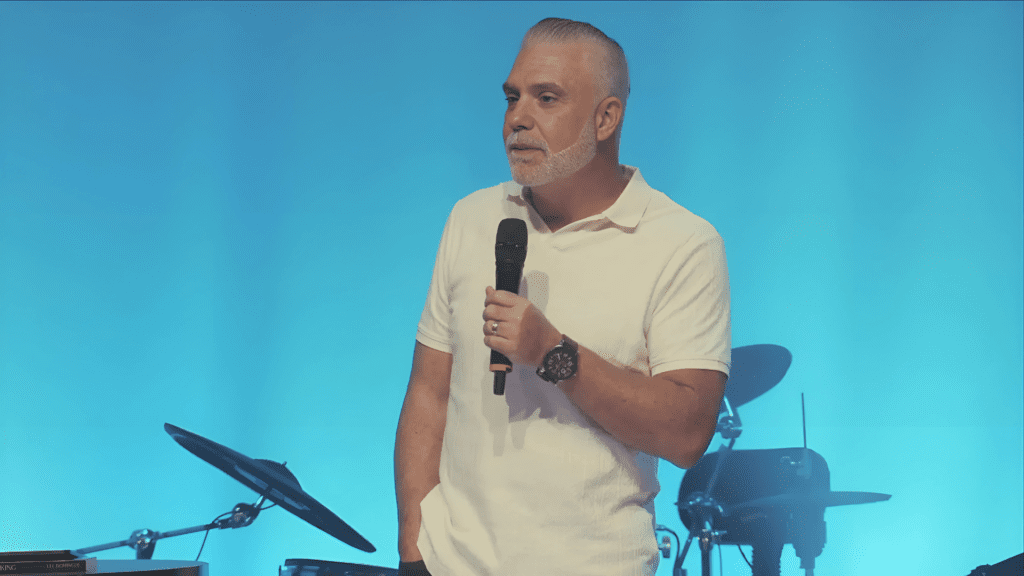
The Complexity of Creation
The complexity of creation extends beyond mere conditions for life. It encompasses the intricate designs found in genetics, biology, and geology. The Creator’s intelligence is evident in the detailed architecture of life itself, from the smallest cells to the vast ecosystems that exist on our planet.
This complexity reminds us that the Creator is not only powerful but also deeply intelligent. If God can design such intricate systems, we can trust that He is capable of conveying His creation story accurately through Scripture.
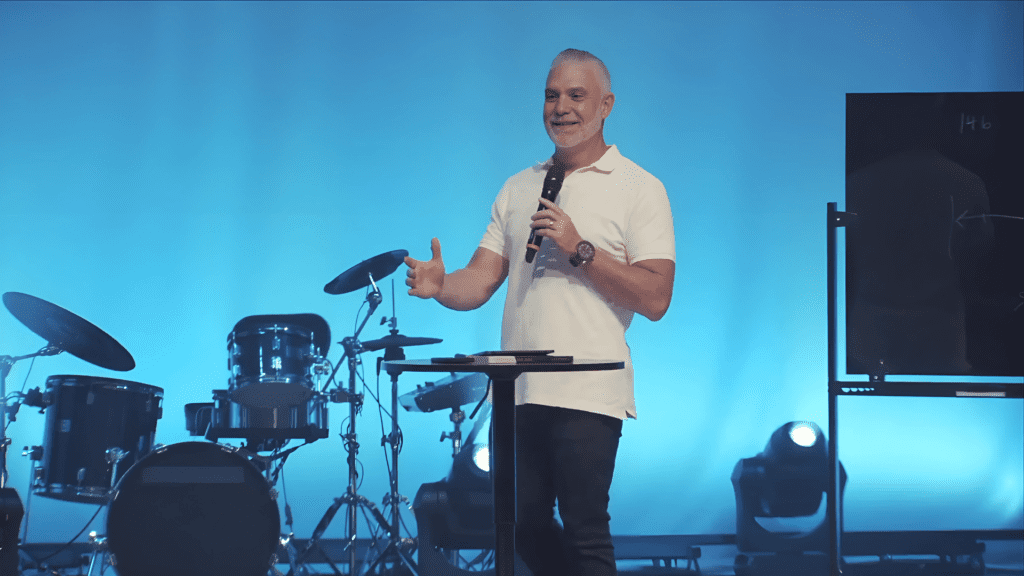
The Importance of Genesis in Our Faith
Genesis serves as the foundation of our faith. It is the first book of the Bible, laying down the essential truths about creation, sin, and redemption. To dismiss Genesis is to undermine the entire biblical narrative.
Each subsequent book in the Bible reinforces the truths found in Genesis. For instance, Exodus recounts God’s creation in six days, while Psalms and Proverbs echo this account, highlighting its significance in the grand narrative of Scripture. Without Genesis, we risk losing the core of our faith.
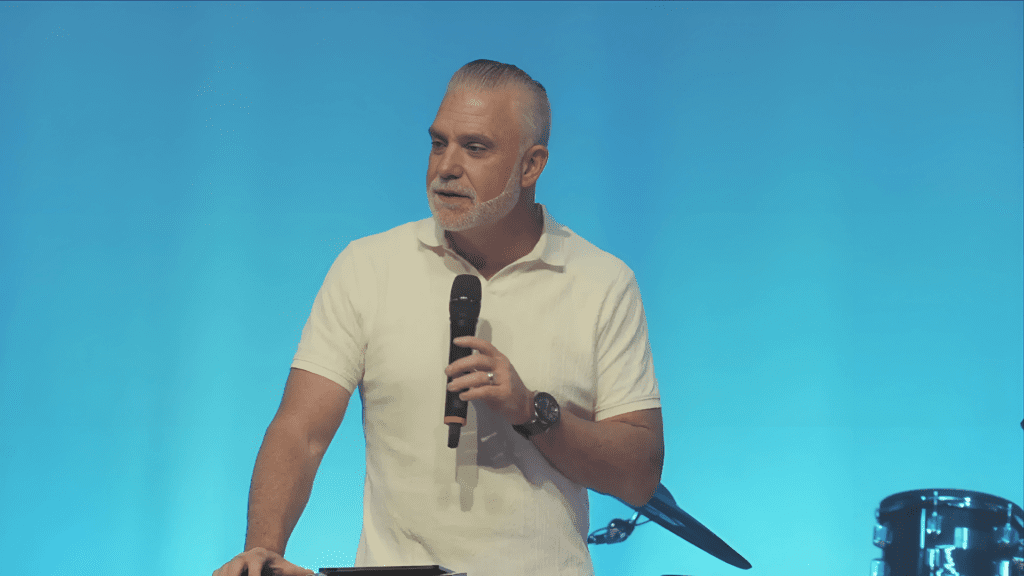
Corroboration Across the Bible
Throughout the Bible, we see Genesis corroborated in various passages. Each section supports the creation narrative, from the law books to the wisdom literature. For example, Jeremiah, in chapter 32, emphasizes God’s role as the Creator, affirming the truth of Genesis.
Even in the New Testament, the creation account is acknowledged. The Gospels and Epistles repeatedly affirm that God is the Creator of all things. This unified message across Scripture strengthens our understanding and belief in the creation narrative.
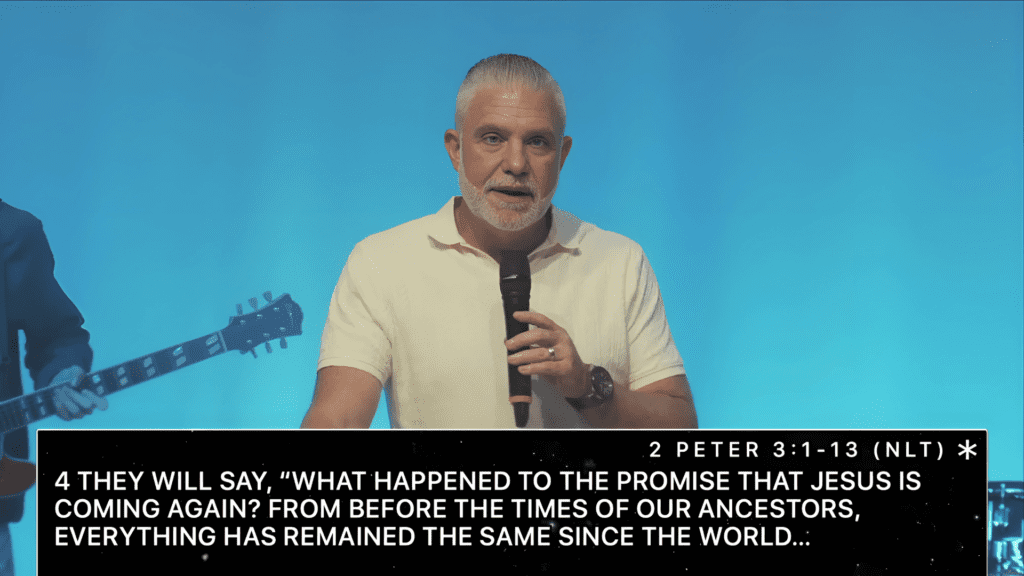
The Challenge of Modern Beliefs
In today’s world, many believers face pressure to conform their understanding of creation to modern scientific theories. This often leads to a fracture in their faith. The prevailing narrative suggests that belief in Genesis is outdated or foolish, but we must remember that the Bible is the ultimate authority on creation.
We cannot allow the scientific community’s assumptions to undermine our faith. The Bible provides a consistent and coherent account of creation, while many scientific theories are fraught with uncertainties and contradictions. We must stand firm in our belief that God’s Word is true.
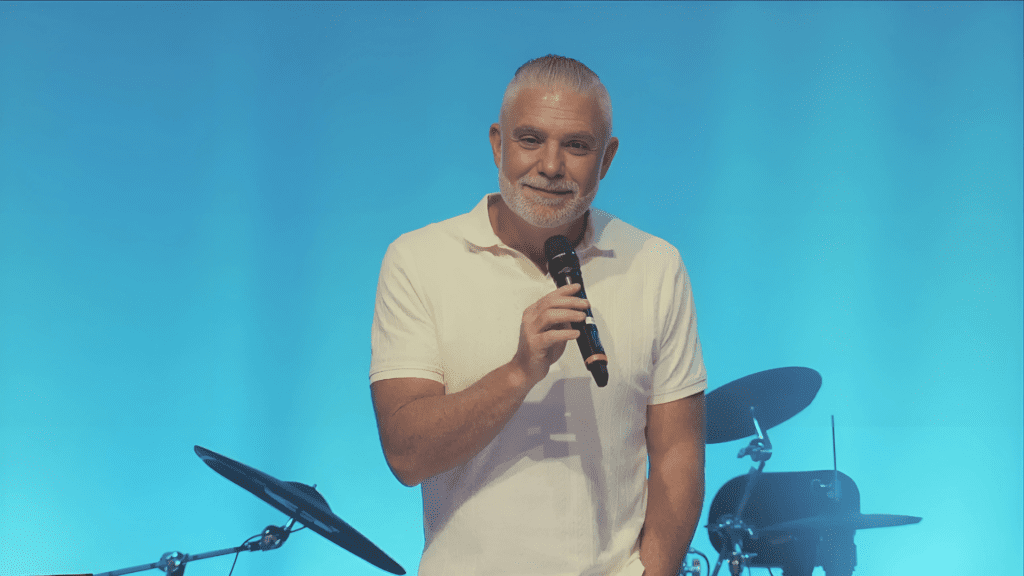
Teasing the Next Topic: Dinosaurs
Next, we will explore a fascinating topic: dinosaurs. Commonly believed to have existed millions of years ago, the biblical narrative offers a different perspective. We’ll examine how dinosaurs fit into God’s creation and their significance in the biblical account.
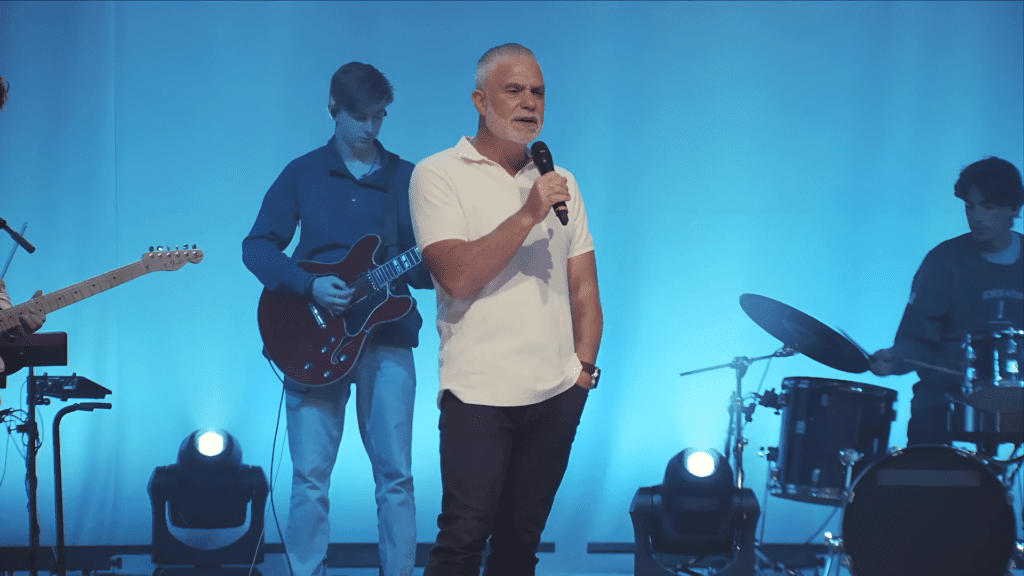
Conclusion and Prayer
As we reflect on the truths of creation, let us strengthen our faith in the face of modern challenges. God’s creation is a testament to His power and intelligence. May we hold fast to the truths found in Genesis and recognize the supernatural nature of our existence.
Let us pray: Heavenly Father, we thank You for the gift of creation and the truth of Your Word. Strengthen our faith and help us to stand firm in our beliefs amidst the pressures of modern society. May we always remember that we serve a supernatural God intimately involved in our lives. Amen.
